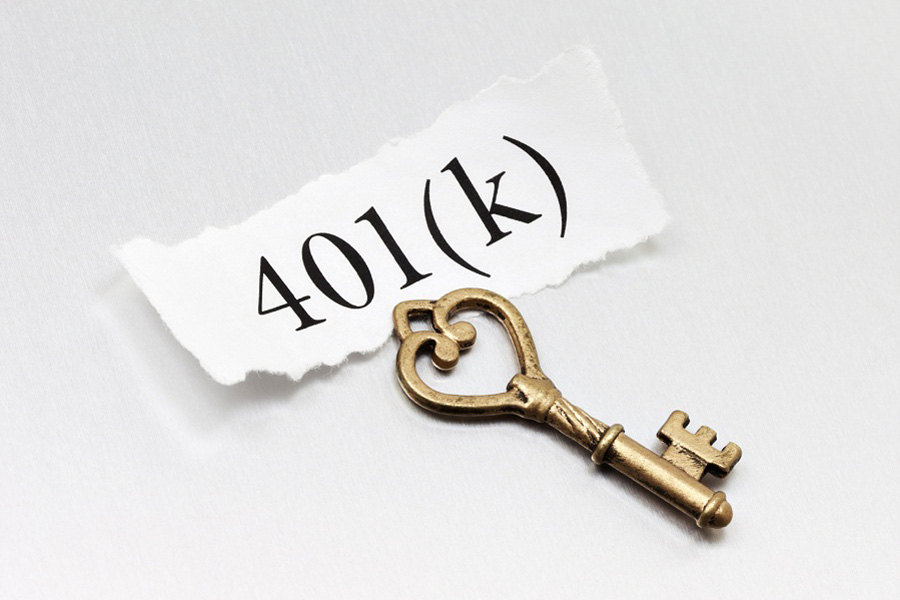

The impact of the coronavirus on the future retirement of defined contribution plan participants may be more manageable than previously thought, according to research by Employee Benefit Research Institute.
The Washington-based policy group explored assumptions about future employee and employer behavior in response to the current situation and potential decreases in defined contribution eligibility arising from increased unemployment. It found a $3.68 trillion aggregate retirement-adequacy deficit for all U.S. households ages 35–64 as of January 1, 2020, which represents an increase of only 4.5%, or $166.21 billion. Even a combination of the most pessimistic assumptions increased aggregate retirement deficits by only 11.2%, or $412.77 billion.
The report found that market volatility may be the largest factor in increasing retirement savings shortfalls and decreasing savings surpluses, especially in a worst-case scenario. That permanent termination of defined contribution plans under $10 million in assets, however, could have a large impact for younger investors.
Match suspensions by plan sponsors, contribution suspensions by workers, increases in withdrawals, and decreased eligibility do not have as much impact when spread over all U.S. households, EBRI said.

The looming threat of federal funding cuts to state and local governments has lawmakers weighing a levy that was phased out in 1981.

The fintech firms' new tools and integrations address pain points in overseeing investment lineups, account monitoring, and more.

Canadian stocks are on a roll in 2025 as the country prepares to name a new Prime Minister.

Carson is expanding one of its relationships in Florida while Lido Advisors adds an $870 million practice in Silicon Valley.

The approval of the pay proposal, which handsomely compensates its CEO and president, bolsters claims that big payouts are a must in the war to retain leadership.
RIAs face rising regulatory pressure in 2025. Forward-looking firms are responding with embedded technology, not more paperwork.
As inheritances are set to reshape client portfolios and next-gen heirs demand digital-first experiences, firms are retooling their wealth tech stacks and succession models in real time.
